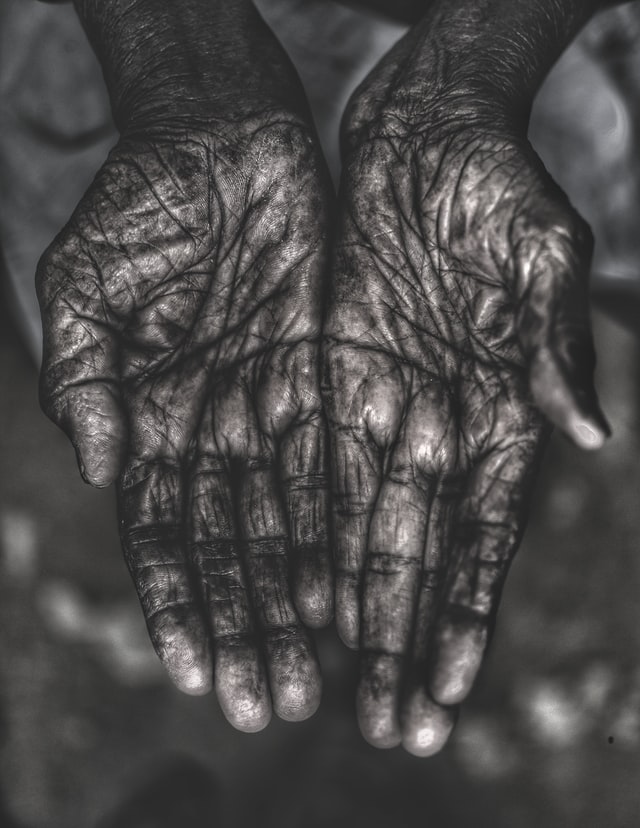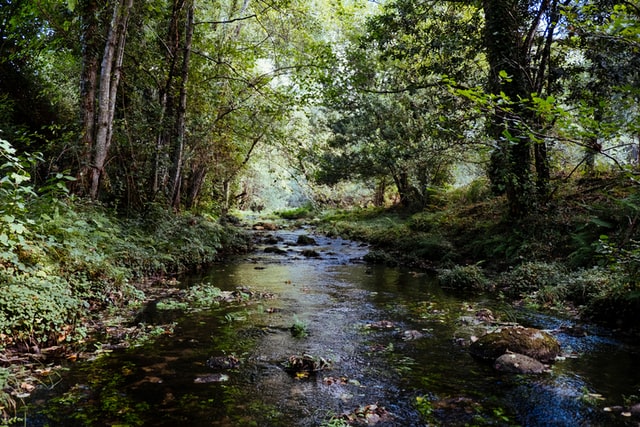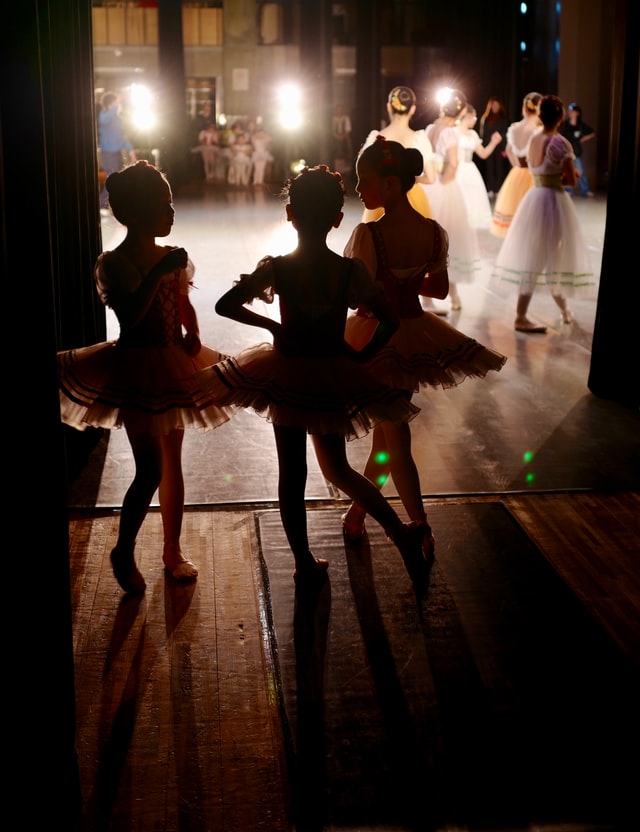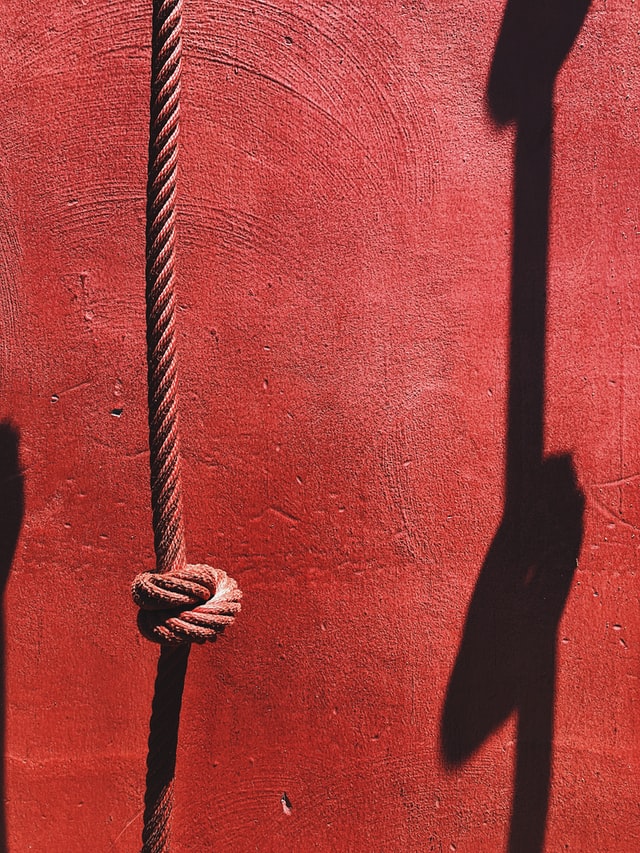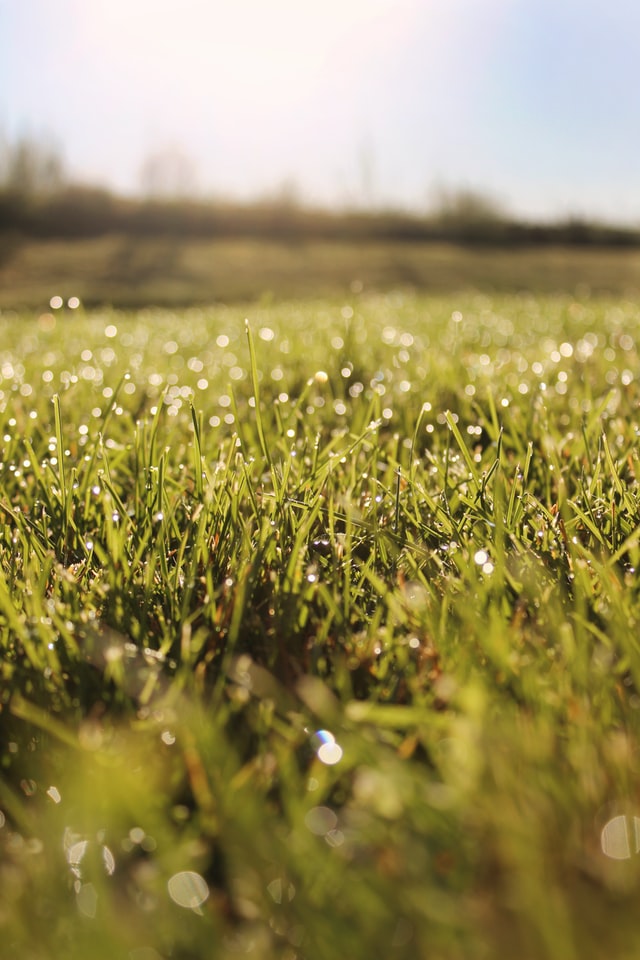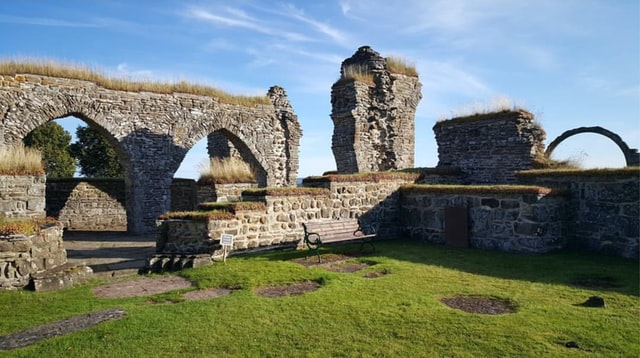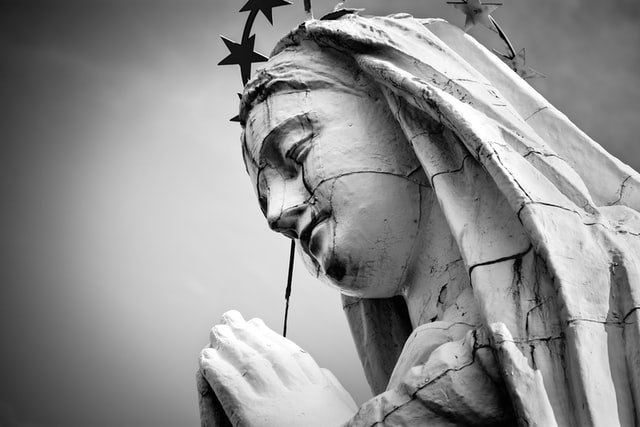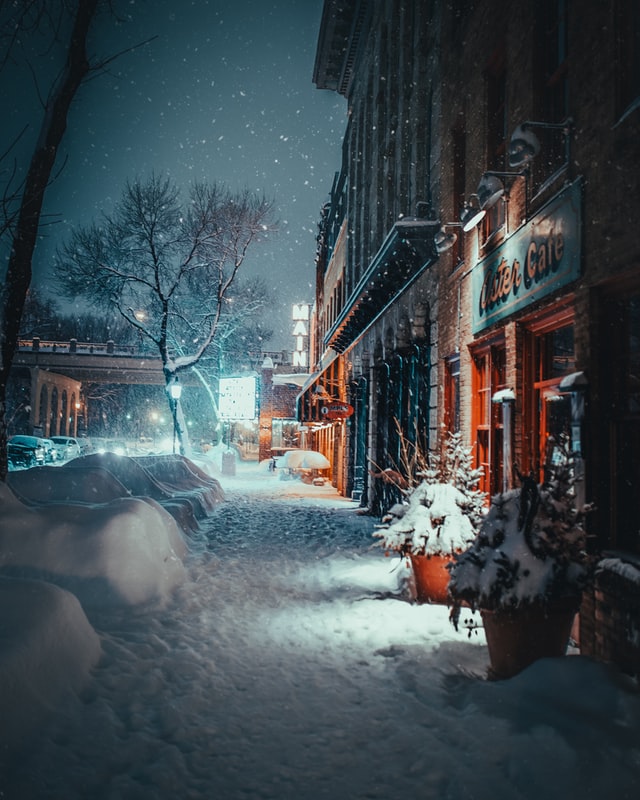By Sarah Soltis
Lotion, lotion. Listen in
To the voices of the moment
As the cream caresses your skin.
Do they murmur that you are undeserving?
Or did you know this from your sin
The kind that cracks and bloodies cold hands
Causing you to scrub and scrub again?
Do you sense the soothing is not meant
For you, who, losing resolve already worn thin,
Came to crave the dehydrated dryness, draught
That winter’s air brought in,
That despair brings out?
Lotion, lotion. Can you win
Over calm in this kind,
uncalled-for motion?
When your reprehensible hands redden
Can you rid yourself of your rocky pride
And let the grace, the softening, begin?
Sarah Soltis is an avid reader, coffee-drinker, nature-walker, and student from Maryland. She enjoys spending time with her two dogs and family. Sarah has scribbled poems in search of the divine for years, and she hopes her writing expresses the beauty and uncertainty of life in a God-riddled world.

